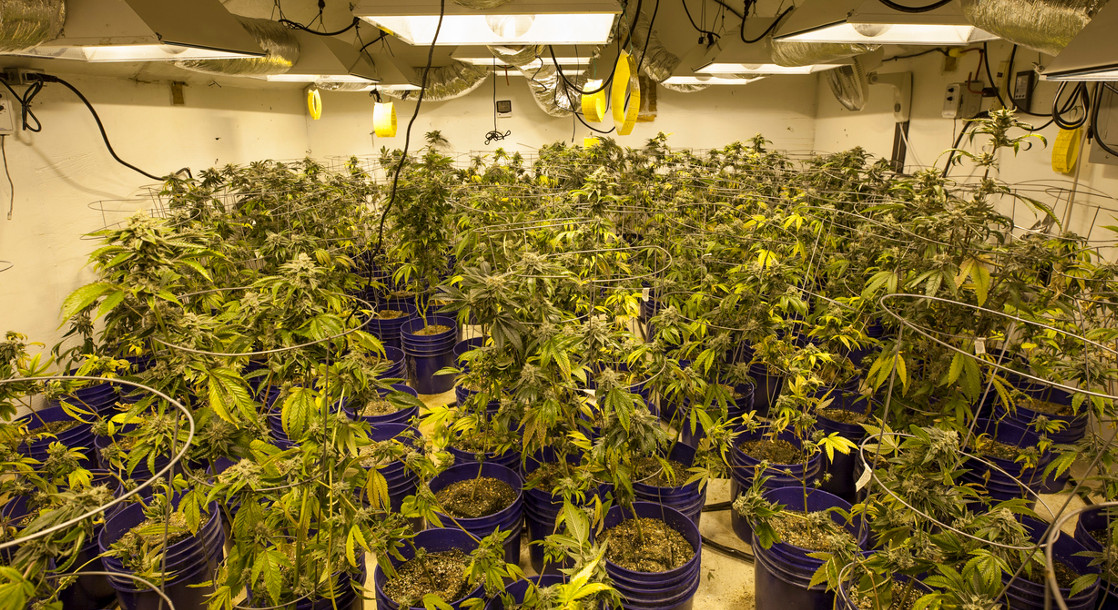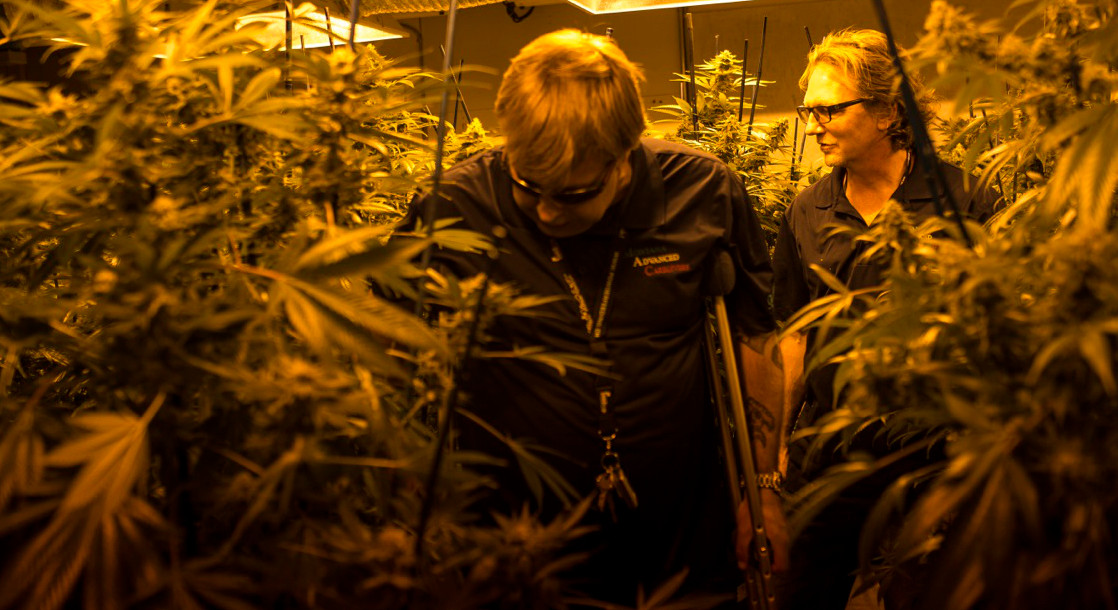Californians will be able to buy legal recreational cannabis as of January 1st, 2018, but a new report by Fitch Ratings has raised concerns that high taxes could push these buyers to the black market, according to the Washington Post. The credit rating agency's report estimates that combined state and local taxes could reach as high as 45% in some areas — higher than any other state except Washington, which levies a 50% tax. The report warns that “the existing black market for cannabis may prove a formidable competitor to legal markets if new taxes lead to higher prices than available from illicit sources.”
The high tax rates are the sum of multiple smaller taxes originating from state and local levels. The state levies a 15% excise tax, in addition to cultivation taxes. Localities will also impose both business and sales taxes, which could be between 1 and 20%. Each local government is also able to decide whether or not to allow canna-businesses in its area, which will create uneven distributions of marijuana tax revenue throughout the state.
California is currently the largest producer of black market cannabis in the country, with illegal farms growing an estimated 13.5 million pounds of weed last year. Illegal cultivators are able to provide cannabis at a lower cost than legal businesses because they can avoid taxes, license fees, and safety regulations. The Fitch Ratings report notes that Washington, Colorado, and Oregon all lowered their taxes following legalization in order to channel more sales back into the legal market.
The report also predicts that California will see high sales figures at the onset of legal recreational sales next year, but that sales will decline over time. The credit analysts cite data from the Colorado Legislative Council Staff, which estimates a 44% growth in cannabis revenue in the 2016-7 fiscal years, falling to 25% and 10% growth in 2018-9. The estimates for growth in California are muddied by the fact that many areas have not yet released their regulations, and others, including cities as large as San Fransisco, will not even have implemented them by the program start date of January 1st.











